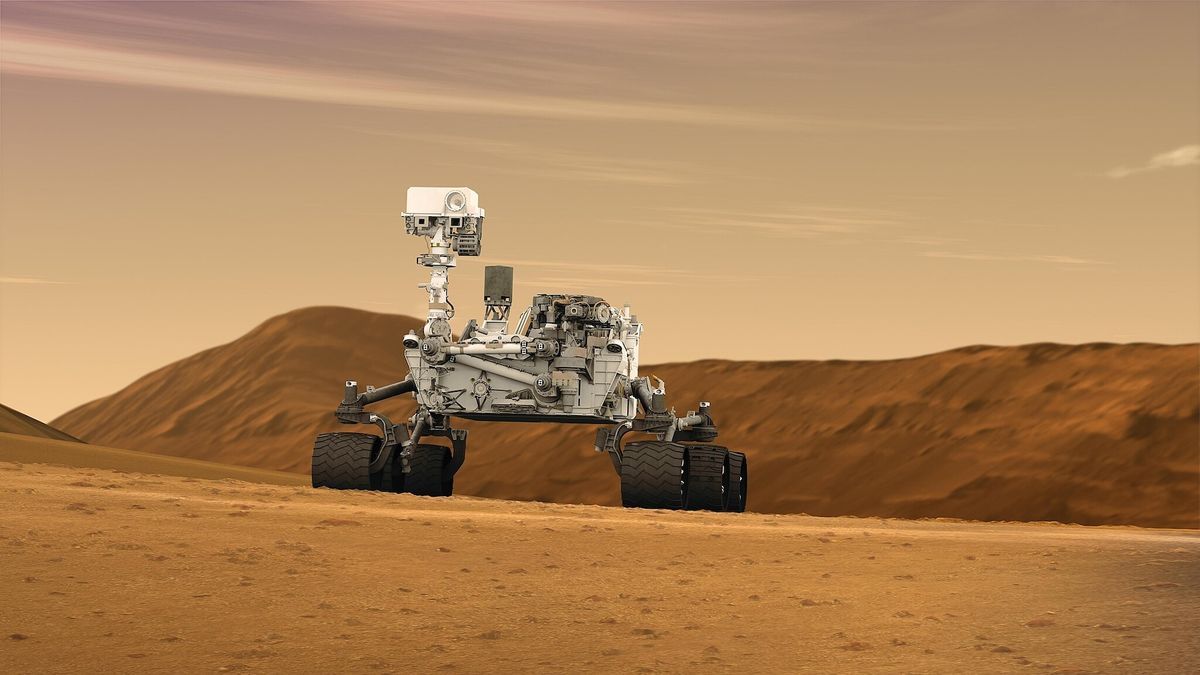Livescience
1w
147

Image Credit: Livescience
Longest molecules ever found on Mars may be remnants of building blocks of life
- NASA's Curiosity rover found the longest molecules ever on Mars, suggesting evidence for ancient life on the planet.
- Long carbon chains detected in a 3.7 billion-year-old rock sample from Yellowknife Bay could be remnants of fatty acids.
- Presence of these molecules hints at potential biological activity on Mars billions of years ago.
- The chains of hydrocarbons including decane, undecane, and dodecane were discovered using Curiosity's SAM instrument.
- Curiosity rover has explored areas like Yellowknife Bay and Mount Sharp on Mars since its arrival in 2012.
- The discovery of the hydrocarbon strings was accidental while searching for amino acids in a clay-rich sample named Cumberland.
- Researchers believe the fatty molecules may have originated from longer tails of fatty acids present in the Martian soil.
- Tests in the lab showed that undecanoic acid could break down into decane, supporting the theory of fatty acid origins.
- The detection of these carbon chains confirms Curiosity's ability to detect complex organic molecules on Mars.
- Researchers aim to bring Martian soil samples back to Earth for further analysis to understand the history of life on Mars.
Read Full Article
8 Likes
For uninterrupted reading, download the app